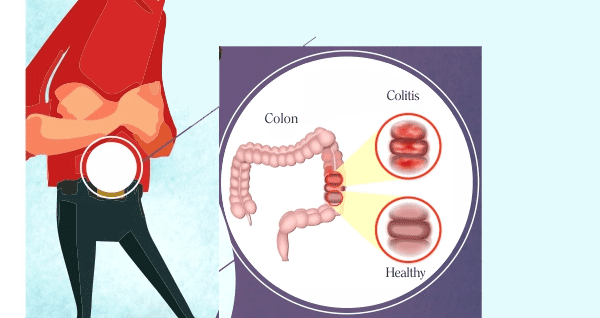What is Inflammatory Bowel Disease?
Many diseases and conditions can affect the Gastrointestinal (GI) tract, including the esophagus,
stomach, small intestine and large intestine. One of the inflammatory conditions in which the
body’s own immune system attacks the parts of digestive system is the Inflammatory Bowel
Disease (Inflammatory Bowel Disease). India is projected to have the highest Inflammatory Bowel Disease burden across the globe.








